The US election is one that the whole world seems to take part in, the last few years perhaps with even more interest (or concern) than usual. Whether one tows the “America First” line or not, it is undeniable that the implications of American politics ripple past its borders and into the rest of the world.
The President of the United States is elected every four years through an indirect election. Voters line up at their assigned Polling Station on the first Tuesday of November to fill out their ballot. In certain states and districts, polling stations are open for voting even before Election Day to avoid overcrowding. For those who cannot make it in person, the option to vote by mail exists. The President is not elected by these votes, however. That is decided by the Electoral College, who will vote on December 14th. The winner of the electoral vote will take office on January 20th. Electors usually cast their vote for whoever won the citizens’ vote (called the “popular vote”) in the state they represent, meaning that the winner of the popular vote is normally also the winner of the electoral vote. This is, however, not always the case. Five times in US history has the electoral college elected the loser of the popular vote, most recently in the 2016 election, where Hillary Clinton’s 2.1% lead over Donald Trump in the popular vote failed to win her the election.
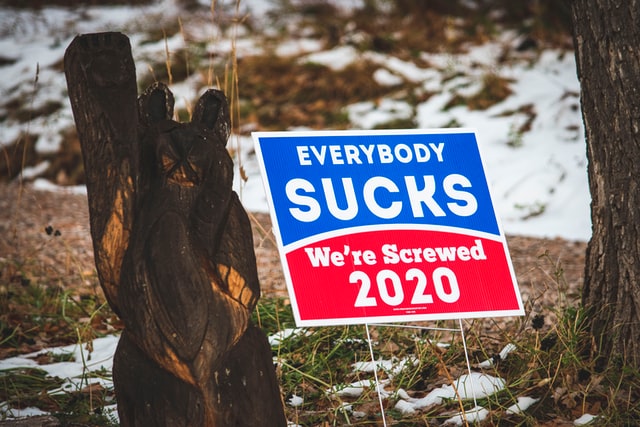 This year, the vote comes down to two main candidates, Donald Trump, running for the Republican Party and trying for his second term as President, and Joe Biden, former Vice-President and current Democratic Party presidential candidate. President Trumps’ current term has been marked by controversy, including impeachment, sexual misconduct allegations, and his confusing and often self-contradictory handling of the Coronavirus crisis, which many feel has led to the country’s high death rate. Biden, on the other hand, has his own list of inappropriate physical contact allegations and is seen by many as the classic career politician- willing to bend his image into whatever shape voters find most palatable, regardless of his true agenda. For their supporters, each candidate’s strongest appeal is perhaps simply that they are not their opponent – Trump’s bluntness and “get it done” attitude is seen by his supporters as a breath of fresh air in musty political corners, while conservatives and liberals alike rally around Biden as perhaps not the ideal candidate, but in any case “the lesser of two evils.”
This year, the vote comes down to two main candidates, Donald Trump, running for the Republican Party and trying for his second term as President, and Joe Biden, former Vice-President and current Democratic Party presidential candidate. President Trumps’ current term has been marked by controversy, including impeachment, sexual misconduct allegations, and his confusing and often self-contradictory handling of the Coronavirus crisis, which many feel has led to the country’s high death rate. Biden, on the other hand, has his own list of inappropriate physical contact allegations and is seen by many as the classic career politician- willing to bend his image into whatever shape voters find most palatable, regardless of his true agenda. For their supporters, each candidate’s strongest appeal is perhaps simply that they are not their opponent – Trump’s bluntness and “get it done” attitude is seen by his supporters as a breath of fresh air in musty political corners, while conservatives and liberals alike rally around Biden as perhaps not the ideal candidate, but in any case “the lesser of two evils.”
The US election is a complicated process which the tensions of 2020 have only further complicated. The country has been ravaged by COVID-19, with more than 220,000 deaths. The risks posed by COVID-19 have far more Americans wanting to vote by mail than in usual years. Many fear that the mail system will not be able to support such a flood of mail. The drama is increased by President Trump’s allegations that voting by mail will lead to large-scale voter fraud. While no evidence for this claim has been provided, or even exists, according to FBI director Christopher Wray, there is confusion and fear on every side of the spectrum, from those who fear their ballot will be lost in the mail, to those who believe the results will be skewed by illegitimate votes.
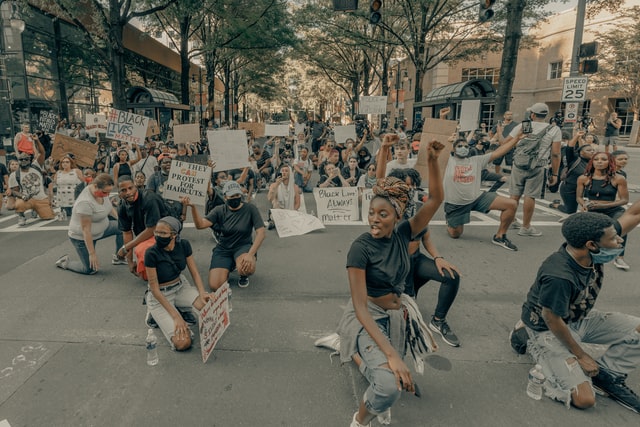 This spring the deaths of Ahmaud Arbery, George Floyd, Breonna Taylor, and other Black Americans at the hands of police and white vigilantes were brought to the forefront, igniting large-scale protests, which in some cases turned to riots. Outrage has skyrocketed further at the sometimes militaristic response of the government to these protests. This in combination with President Trump’s refusal to take a hard line against white supremecist groups and the far-right has many minorities feeling unsafe under the current US leadership.
This spring the deaths of Ahmaud Arbery, George Floyd, Breonna Taylor, and other Black Americans at the hands of police and white vigilantes were brought to the forefront, igniting large-scale protests, which in some cases turned to riots. Outrage has skyrocketed further at the sometimes militaristic response of the government to these protests. This in combination with President Trump’s refusal to take a hard line against white supremecist groups and the far-right has many minorities feeling unsafe under the current US leadership.
The 2020 US election has been marked by division and anger. The country is weary from the hard hit of COVID-19 on both lives and the economy, wrestling to come to terms with its history of racial injustice, and fearful over growing political polarization. The outcome of this election will have a huge impact on the country’s direction. Which direction will that be? Well, for that answer, we will have to wait.
—
The Deutsch-Amerikanisches Institut Nuremberg will be holding an Election-Eve event on November 3rd in both English (at 18:00) and German (at 20:00). They will offer a reflection on what is at stake in this election and how things may play out over Election Day.








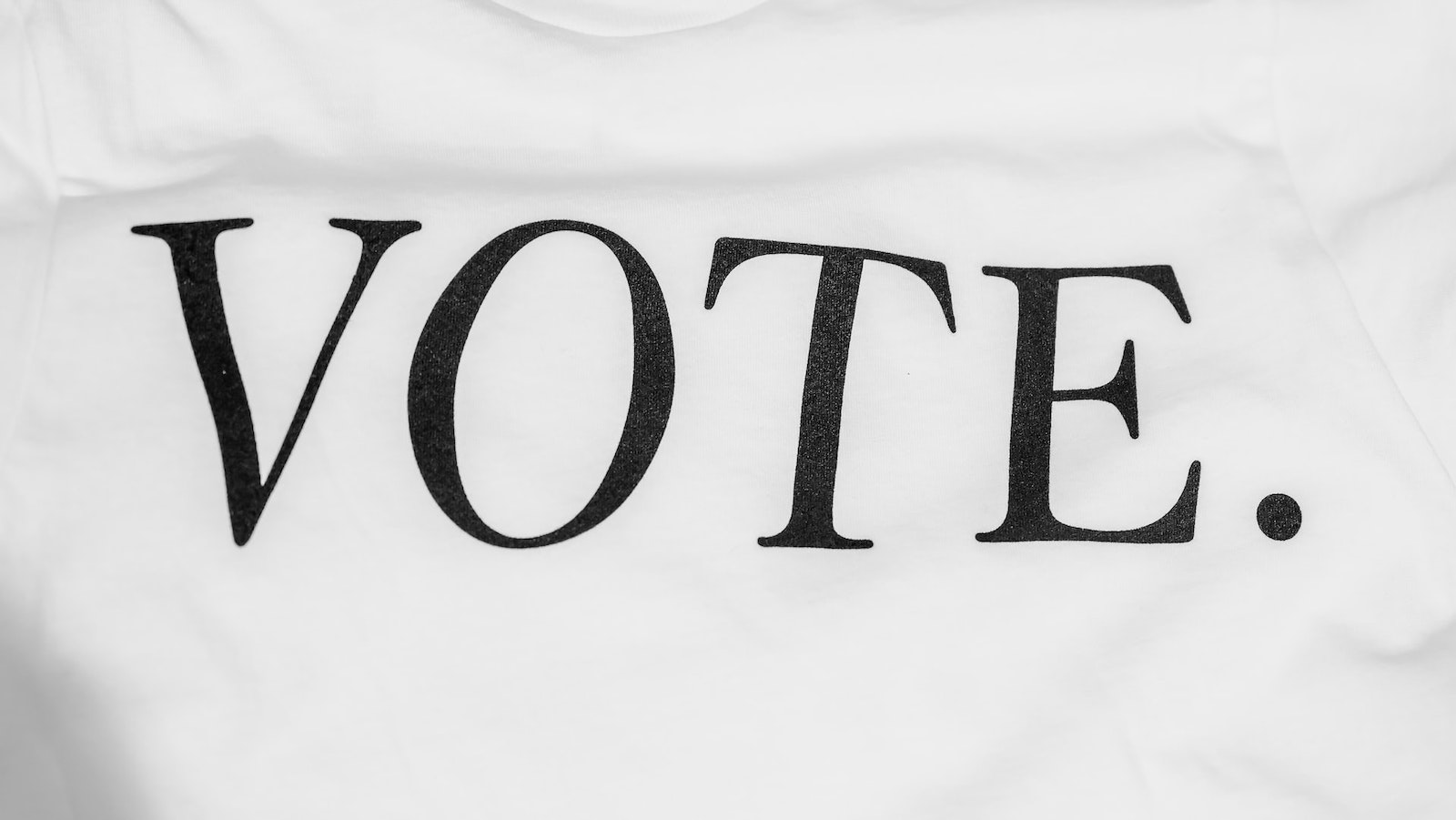

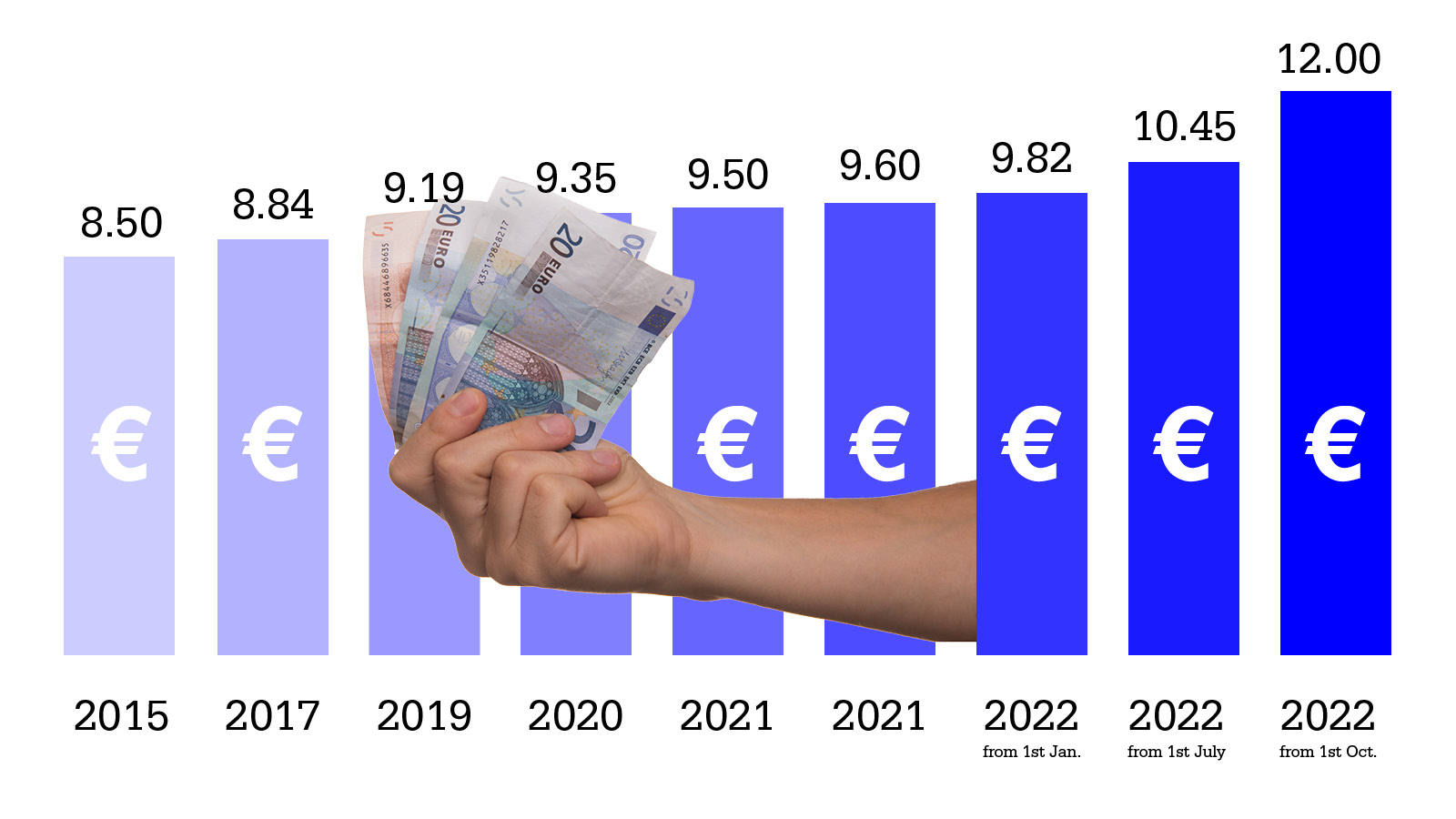







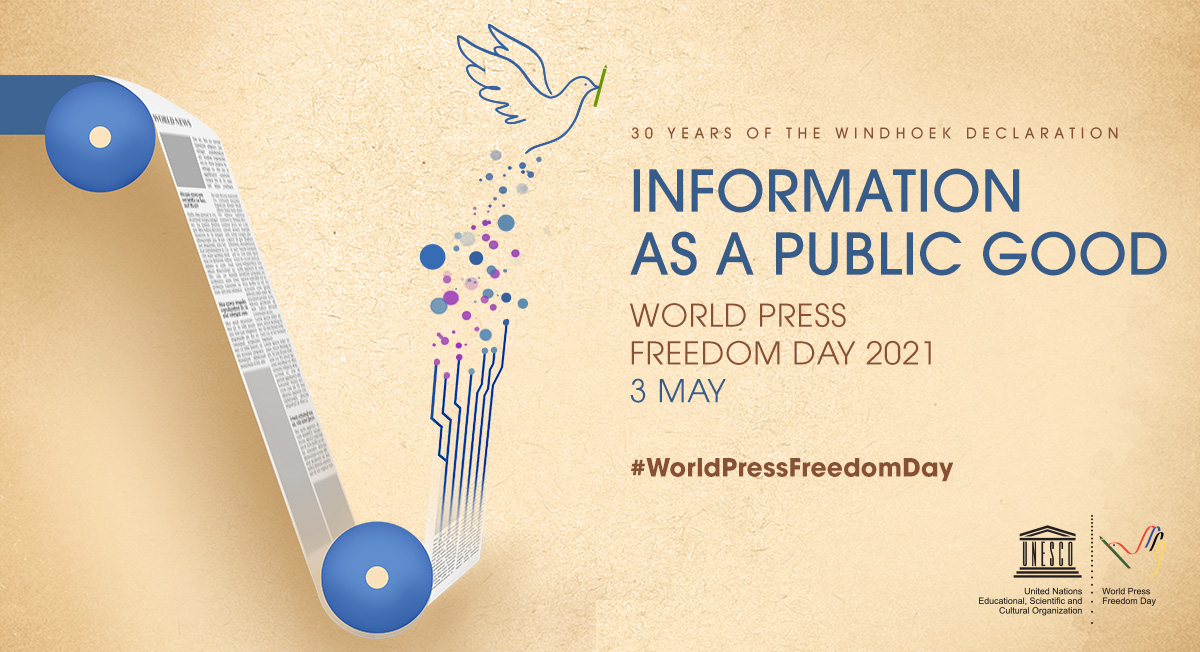


Another great article, Sarah!